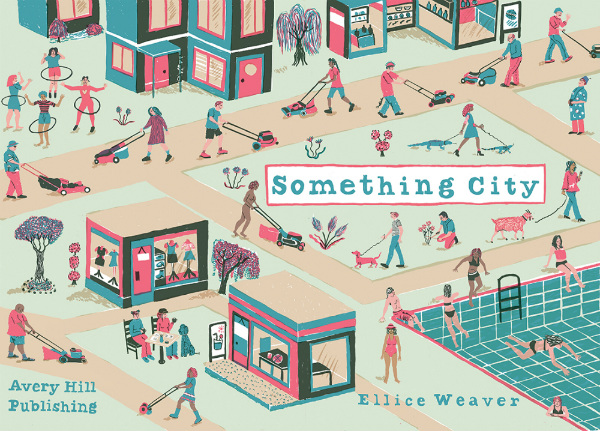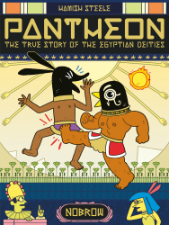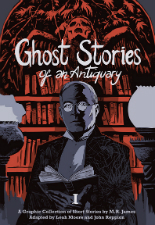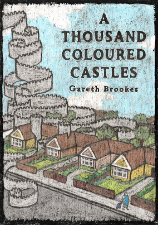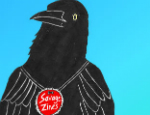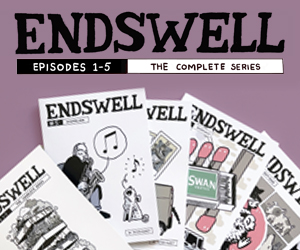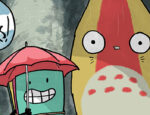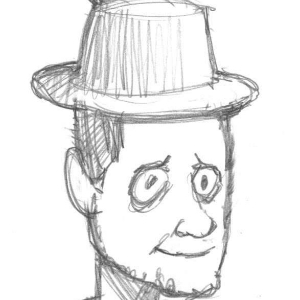 Those who follow my personal social media feeds, rather than the Broken Frontier ones, will be well aware that I like to share images of my current comics reading matter on a near daily basis. Sometimes that can take on the form of work from the latest exciting new voices from the small press scene while on other occasions it can be a more retrospective engagement with some favourite comics of yesteryear.
Those who follow my personal social media feeds, rather than the Broken Frontier ones, will be well aware that I like to share images of my current comics reading matter on a near daily basis. Sometimes that can take on the form of work from the latest exciting new voices from the small press scene while on other occasions it can be a more retrospective engagement with some favourite comics of yesteryear.
Over the last few weeks a number of posts of British weekly comics from the ’60s and ’70s led to more than the odd direct message chat. It’s always fun to talk about those comics that take us back to our childhood (or even pre-childhood!) because most of us will still see those books through the eyes of our younger selves, with all the sense of wonder and awe that entails.
One common theme in these conversations kept coming up, though. In amongst all those similar nostalgic remembrances of a classic age of UK comics was a common sadness – a sense of bereavement and mourning even – that the British comics industry, as they saw it, is long dead.
“Define your terms.” That was always the favourite phrase of a much respected childhood history teacher of mine. And here it seems to me is the crux of the issue. We’re still too bound up in the UK in the narrow definition of “juvenile literature + newsagent distribution = British comics industry”. In a world of box set mentality and a need for instant gratification that model of delivery is obviously no longer sustainable to the degree that it was (and hasn’t been for decades), and we’re all aware that 95% of what pass as children’s comics on newsagent shelves are largely cheap plastic toys with a TV/IP tie-in magazine included.
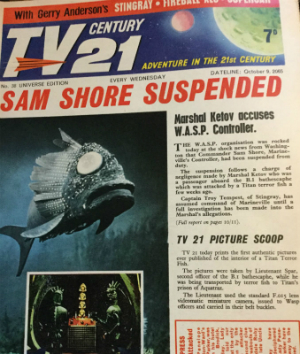
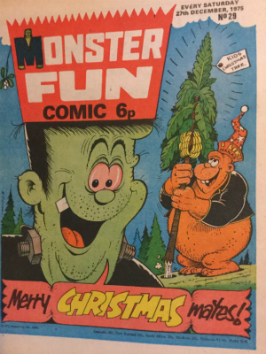
I’ve been covering comics for Broken Frontier for ten years now. I’ve been reading them for considerably longer than that and the last decade has seen developments I would never have dreamed of in the late ’90s – a time when it seemed that specialist comics shops were our last, best, desperate hope in the UK. In the intervening years we’ve seen the rise of the graphic novel in book stores and an influx of new publishers bringing us a multitude of comics work with a diversity of genre, style and approach that we could never have anticipated twenty years ago.
The breadth of material available from the likes of SelfMadeHero, Myriad Editions, Blank Slate Books, Avery Hill Publishing, Soaring Penguin Press, Nobrow Press, Breakdown Press and so many others is, quite frankly, breathtaking. Outside of the traditional genre-influenced comics work we have graphic memoir and autobio, graphic medicine, literary adaptations, biographies, graphic journalism… the list goes on and on. Let’s also not forget that we still have Rebellion, DC Thomson, Titan and The Phoenix flying the flag for a more traditional episodic form of comics delivery. And all that’s before we even think about our vibrant small press scene (hardly an “industry” in and of itself but certainly a proving ground for the next generation of British talent).
Dare I say the unsayable? If there’s something we can take from the decline of the weekly periodical format maybe it’s that it played its part in ensuring that the form is no longer so inextricably perceived as being exclusively juvenile and ephemeral. Yes, we have so much more work to do to ensure that comics are regarded with the same level of respect as other mediums. But sometimes it’s worth taking a step back from the negativity and reminding ourselves for a moment of how much has been achieved over the last few years before steeling ourselves to pushing things ever forward.
The British comics industry never died. It simply regenerated into a new incarnation.
– Andy Oliver, Broken Frontier Editor-in-Chief, April 10th, 2017
This week’s ‘Andy Oliver cartoon’ is by Sean Azzopardi. Sean is a long-time stalwart of the British small press scene and his new autobio comic ’50’ was our ‘Comic of the Week‘ last week at BF. You can visit his online store here and follow him on Twitter here.
For regular updates on all things small press and Broken Frontier follow Andy Oliver on Twitter here.





